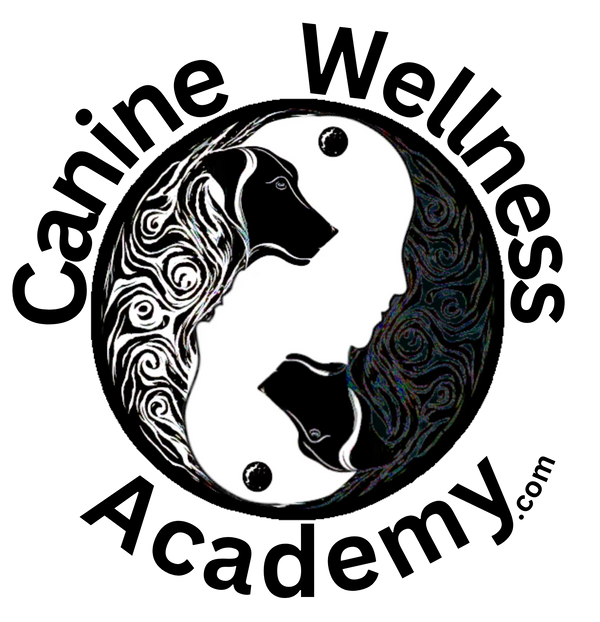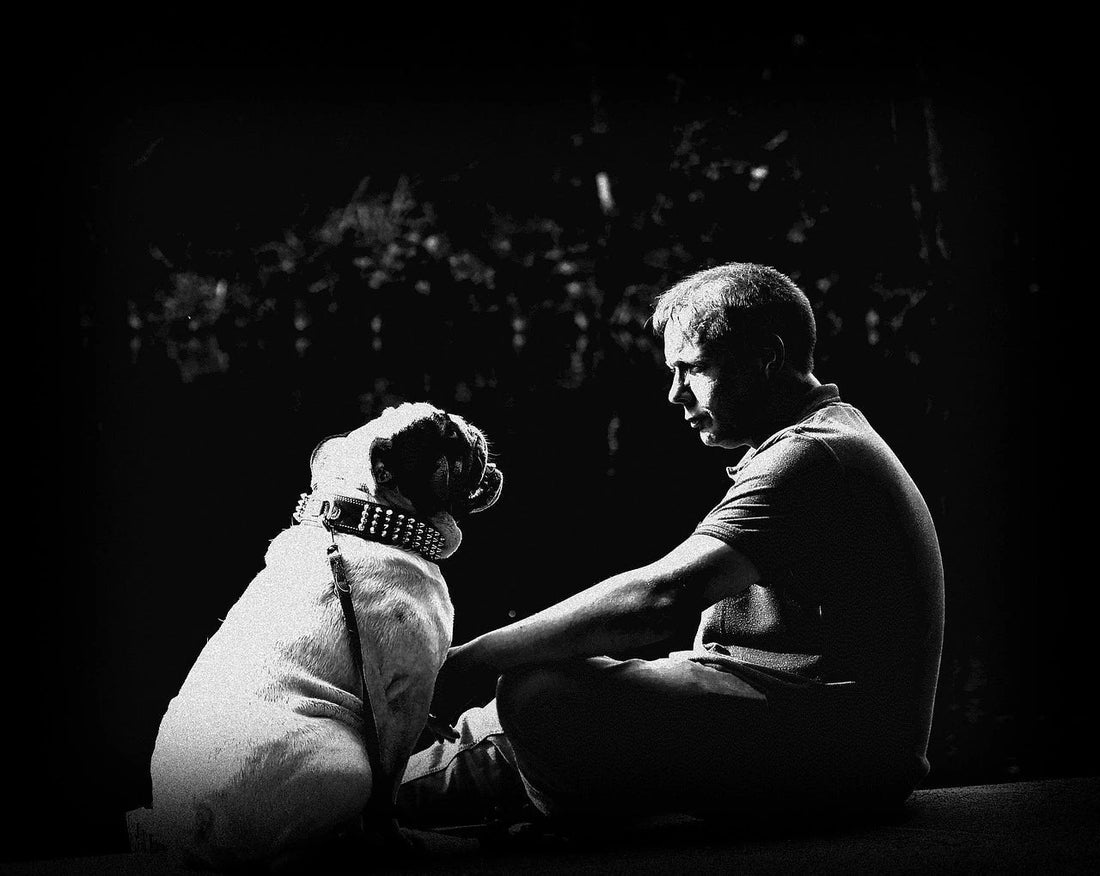If you’ve ever felt guilty, embarrassed, even resentful because of your dog's behavior, you’re not alone. Thousands of people search every month for phrases like “feeling like a bad dog owner” or “overwhelmed by my dog.” That tells you right away: this isn’t just your problem. It’s ours.
Why We Feel Like Failures
The truth is, dogs aren’t born with a handbook, and neither are we. We imagine calm walks and cuddles on the couch. Instead, we get barking at the door, leash pulling, or reactions that make us want to disappear. That gap between expectation and reality is where guilt grows.
Add social pressure, neighbors judging, social media showing “perfect” dogs, and suddenly the story in your head is, “Everyone else is doing this better than me.”
The Real Reason Behind the Guilt
The guilt isn’t really about your dog’s barking or lunging. It’s about disconnection. When you feel disconnected from your dog, every problem feels heavier. Connection makes space for patience, empathy, and solutions. Without it, even small hiccups feel like failures.
You’re not failing. You’re just missing the full picture: your dog’s behavior isn’t a reflection of your worth. It’s feedback that the bond needs more safety, rhythm, or clarity.
What To Do About It
The way forward isn’t about stricter commands or harsher tools. It’s about reflection and small shifts in how you show up. Here are steps that help:
- Pause the self-criticism: Notice when you’re calling yourself a bad dog owner. Replace it with, “We’re still learning.”
- Write it down: Journal what happened before, during, and after tough moments. Patterns emerge quickly.
- Catch the good: Don’t only track meltdowns. Note when your dog looked back at you, settled faster, or avoided a trigger.
- Rebuild safety: Choose calmer routes, shorter walks, or rituals that reduce overwhelm for both of you.
Each of these steps chips away at guilt and replaces it with clarity.
From Guilt to Growth: Tools That Help
The Better Dog People Workbook was built for moments exactly like this. Its reflection pages and daily check-ins help you see both your dog’s signals and your own responses. Over time, you stop asking, “What just happened?” and start saying, “I saw it coming, and I knew what to do.”
You’re Not Failing. You’re Learning
Feeling overwhelmed by your dog doesn’t make you a bad dog owner. It makes you human. Every tough moment is an invitation to notice, reflect, and rebuild trust. It’s not just about fixing behavior. It’s about finding your way back to each other, one calm step at a time.

